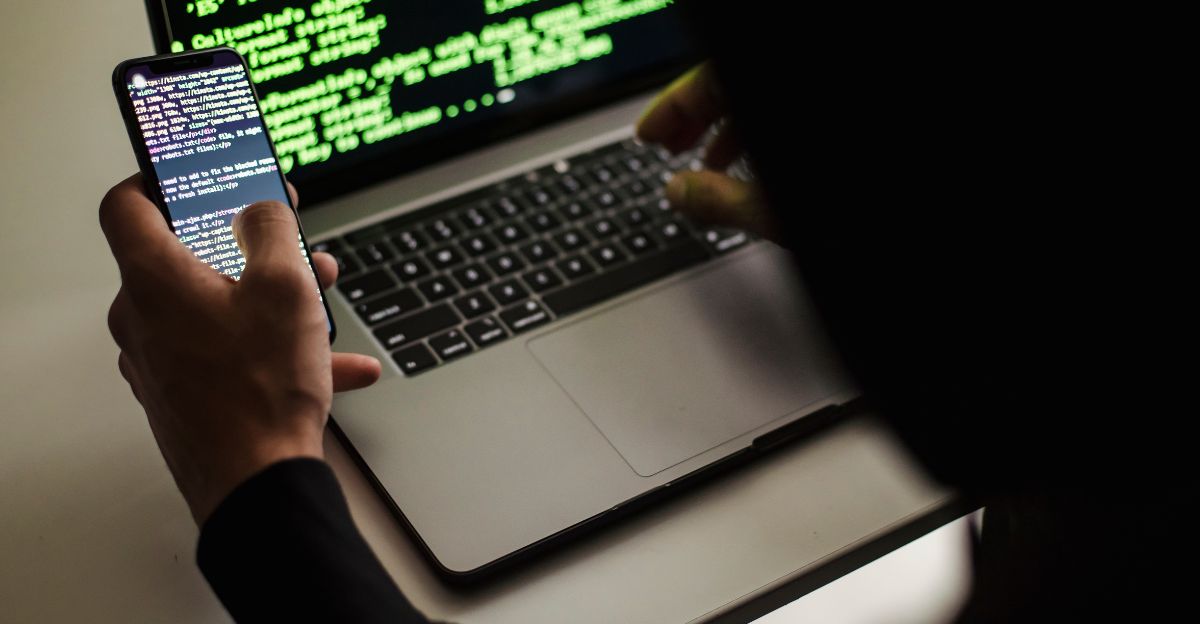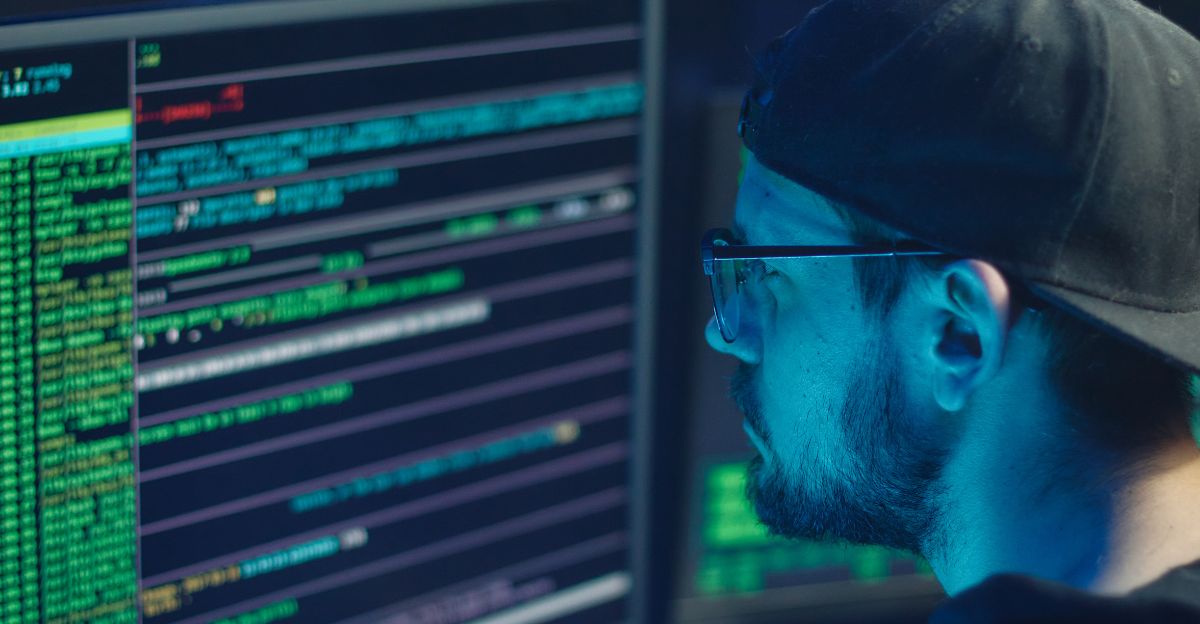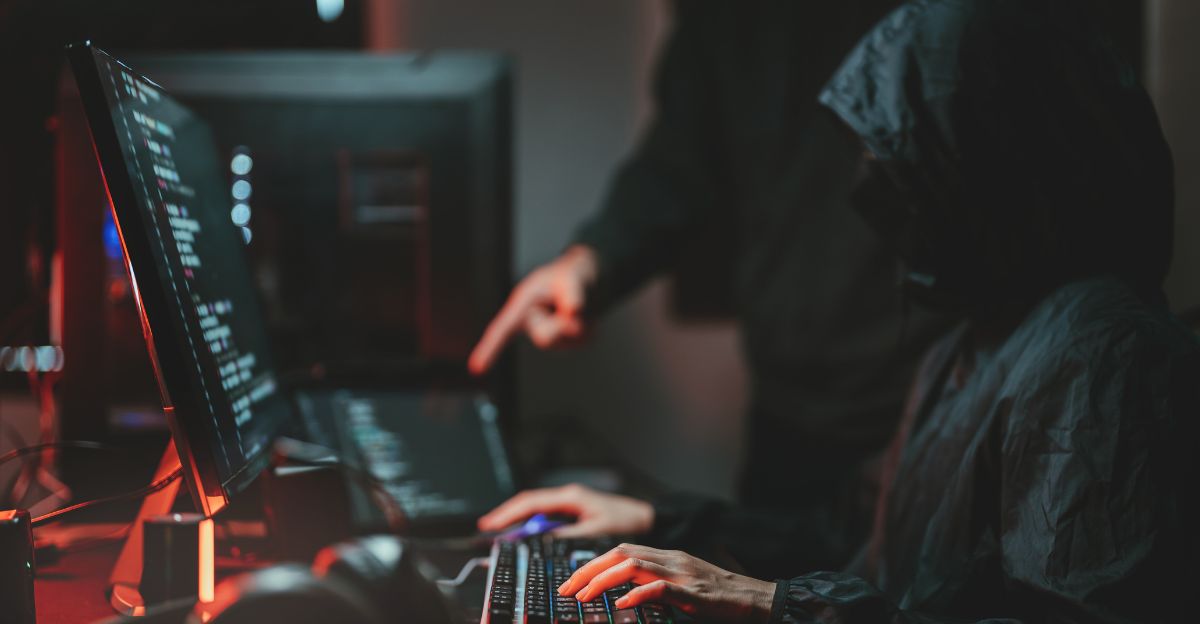
The revelation that North Korean operatives had infiltrated over 100 U.S. companies through remote IT jobs has sent shockwaves through both the business and security communities.
This unprecedented breach was no one-off event but a coordinated, multi-year campaign. The scheme’s scale and sophistication have left many wondering how many companies—some among the Fortune 500—could be so thoroughly deceived.
The Justice Department’s recent announcement marks a turning point in the ongoing battle against state-sponsored cybercrime, raising urgent questions about the vulnerabilities of remote work in a globalized world.
How the Scheme Was Uncovered

According to The Associated Press, the Justice Department’s investigation brought the facts to light. Thousands of North Korean IT workers, using stolen or fake identities, had managed to secure remote jobs with U.S. companies, funneling millions of dollars back to the North Korean regime.
As Assistant Attorney General John Eisenberg puts it, “These schemes target and steal from U.S. companies and are designed to evade sanctions and fund the North Korean regime’s illicit programs, including its weapons programs.”
Cybersecurity expert Dr. Laura DeNardis commented, “This is a wake-up call for every company relying on remote talent. The threat is not just theoretical—it’s here, and it’s global.”
The Anatomy of the Infiltration

The operation was meticulously planned. North Korean workers posed as U.S.-based IT professionals, often using stolen identities and fake documentation. Shell companies and fraudulent websites were created to make the workers appear legitimate.
Enablers within the United States helped facilitate remote computer access, which misled companies into believing the workers were logging in from locations in the U.S..
The wages paid by these companies were then funneled into accounts controlled by North Korean co-conspirators, effectively turning American payrolls into a funding stream for the regime’s weapons programs.
The Role of U.S. Enablers

One of the most surprising aspects of the scheme was the involvement of Americans. The Justice Department announced the arrest of Zhenxing “Danny” Wang of New Jersey, who, along with others, allegedly helped orchestrate the fraud.
The indictment also named six Chinese nationals and two Taiwanese nationals with helping to carry out the scheme. These enablers registered financial accounts, set up shell companies, and provided the technical means for North Korean workers to access U.S. corporate systems remotely.
Their actions were essential in maintaining the illusion that the workers were legitimate U.S.-based employees.
The Financial Impact: Millions Funneled Abroad

The financial scale of the operation is staggering. Prosecutors allege that the scheme generated more than $5 million in revenue for the North Korean government from just one group of conspirators.
In a separate case, a woman from Arizona was accused of aiding and abetting North Korean IT workers in using the names and ID numbers of at least 60 United States residents to generate nearly $7 million from over 300 businesses.
These funds, intended as salaries for IT work, were instead misappropriated to support North Korea’s weapons and military programs, directly undermining U.S. sanctions and national security efforts.
Sensitive Data at Risk

In addition to the financial costs, the breach exposed American companies to significant data security risks. Some of the fraudulent workers even managed to obtain classified and proprietary information, including data related to military technology.
The Justice Department has not disclosed the names of the affected companies, but the exposure to intellectual property theft and national security breaches is apparent.
This incident demonstrates the dangers of remote work arrangements when proper vettin and cybersecurity protocols are not vigorously enforced.
Cryptocurrency and Virtual Heists

The scheme was not limited to payroll fraud. In Georgia, four North Korean IT workers were charged with stealing virtual currency valued at hundreds of thousands of dollars from their employers.
The use of cryptocurrency enabled the conspirators to move funds quickly and anonymously, complicating any efforts to track and recover the stolen funds.
This aspect of the operation demonstrates North Korea’s growing sophistication in leveraging digital finance to bypass international sanctions and fund its illicit activities.
Not an Isolated Incident

This is not the first time that North Korea has been linked to cyber-enabled financial crimes. The Justice Department has filed similar prosecutions in recent years against individuals and networks that aid North Korea in evading sanctions.
In December, a Chinese citizen in California was charged with exporting guns and ammunition to North Korea, using $2 million in funds funneled by North Korean agents.
The cases demonstrate the persistent and evolving threat, with North Korea continually adapting its tactics to exploit new vulnerabilities in the global economy.
Law Enforcement and Policy Shifts

Federal authorities have responded with a combination of criminal charges, asset seizures and new initiatives to disrupt North Korea’s cyber operations.
The Justice Department’s actions include the seizure of financial accounts, websites and laptops used in the fraud. Law enforcement officials emphasize the need for companies to strengthen their vetting processes and cybersecurity measurers, especially when hiring remote workers.
The government’s efforts signal a broader shift toward proactive defense against state-sponsored cyber threats.
What’s Next for U.S. Companies?

The historic breach serves as a stark warning for U.S. businesses. As remote working becomes the norm, companies must adapt their hiring and security practices to address the risks of global talent pools.
Experts advise enhanced background checks, multi-factor authentication, and continuous monitoring of remote access.
The Justice Department’s ongoing investigations suggest that more revelations — and possibly more arrests — are on the horizon. For now, the message is clear: vigilance is no longer optional, but essential for survival in the digital age.






